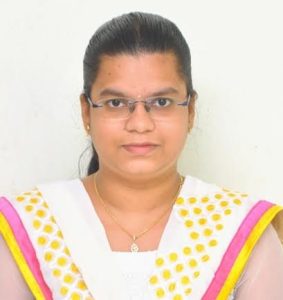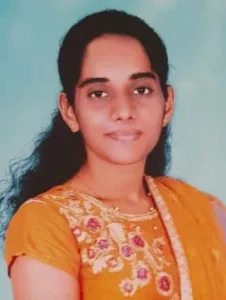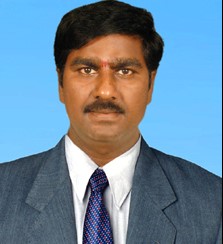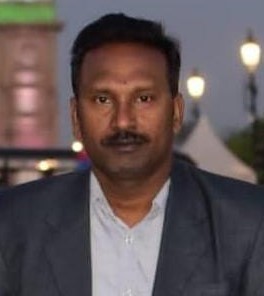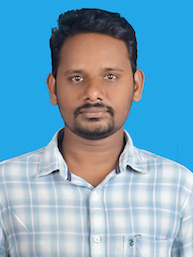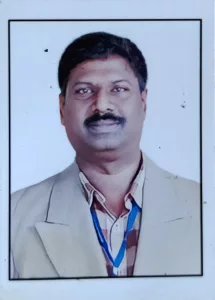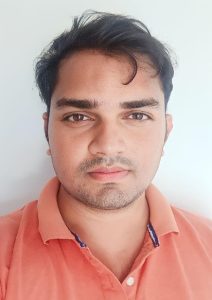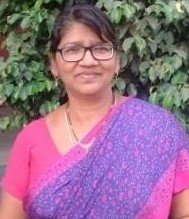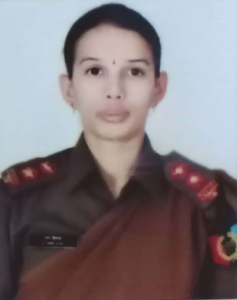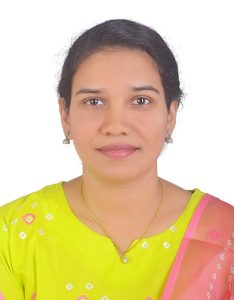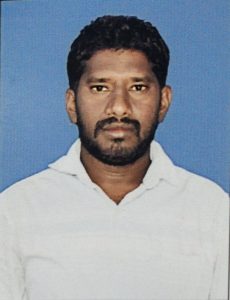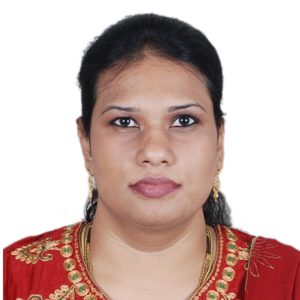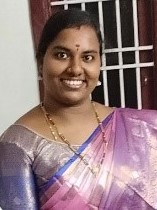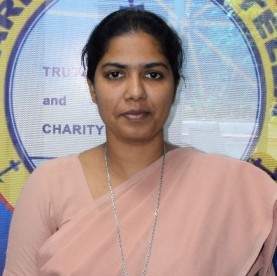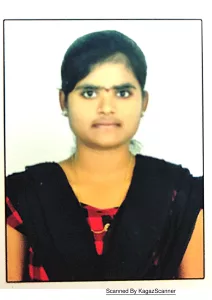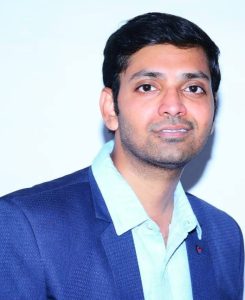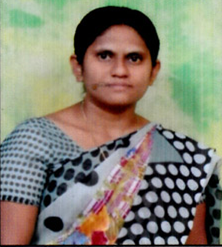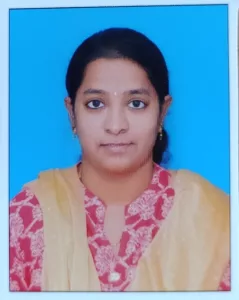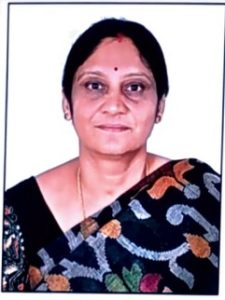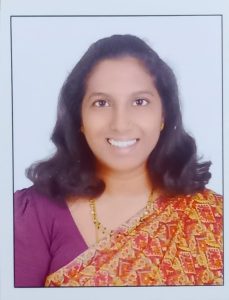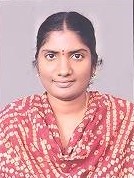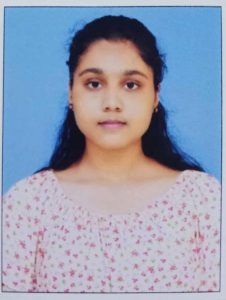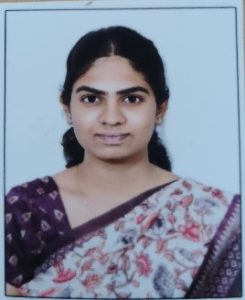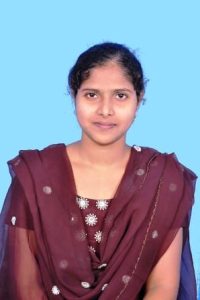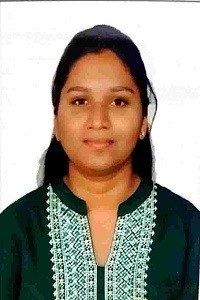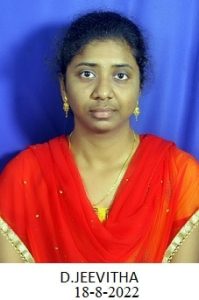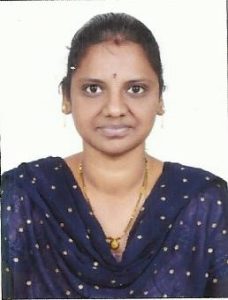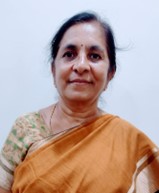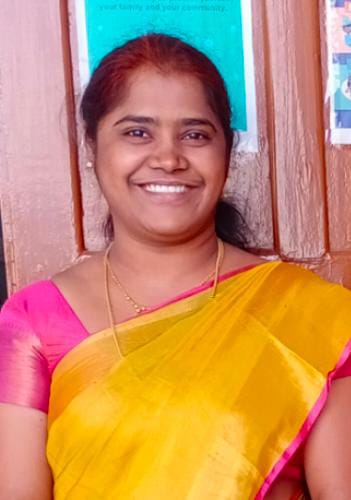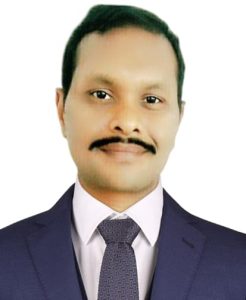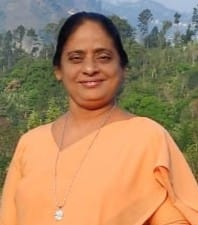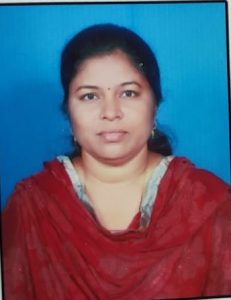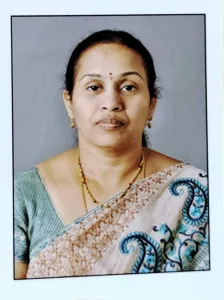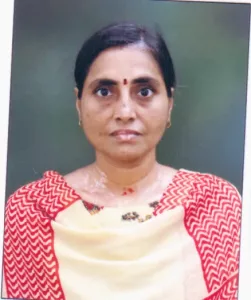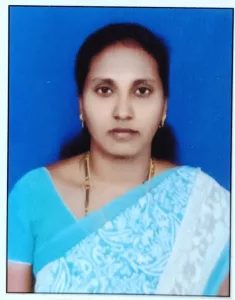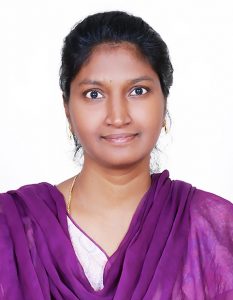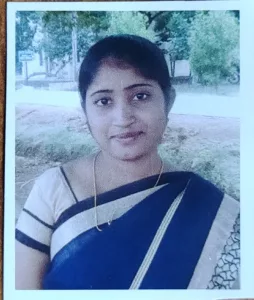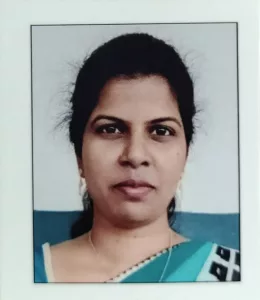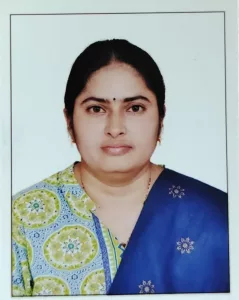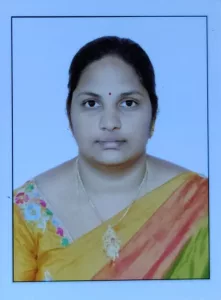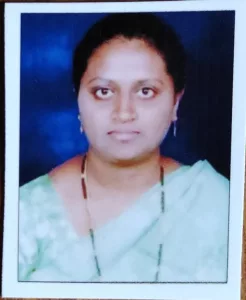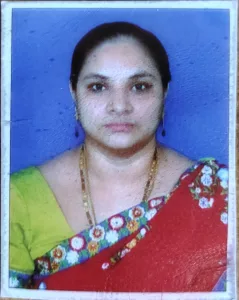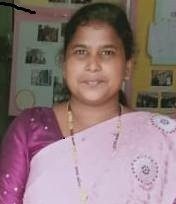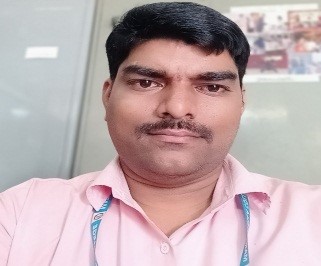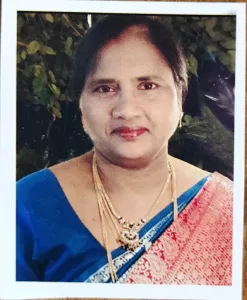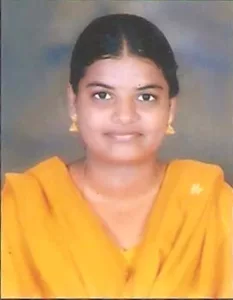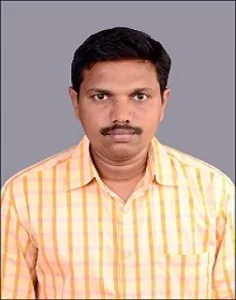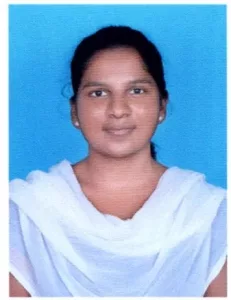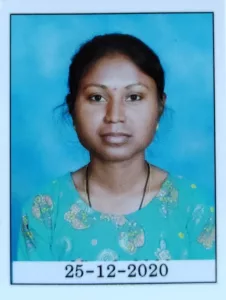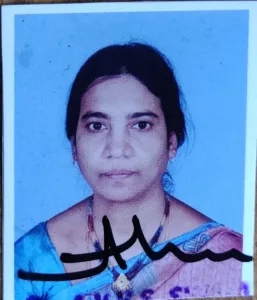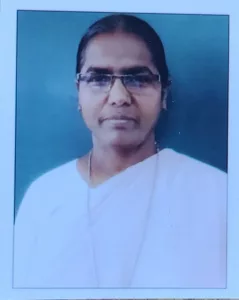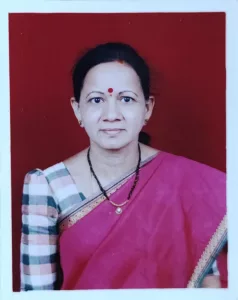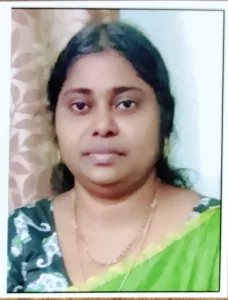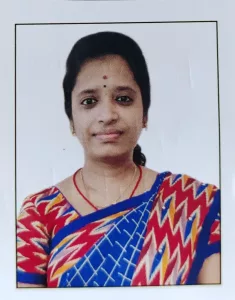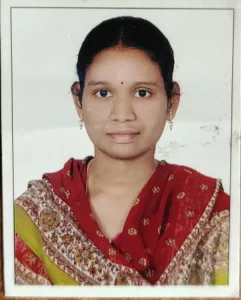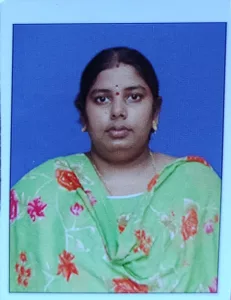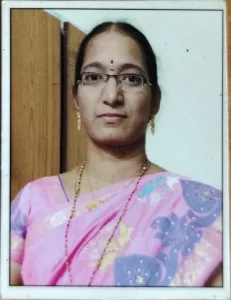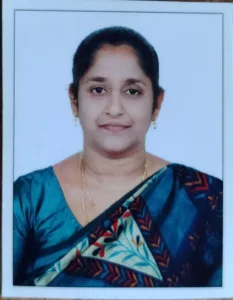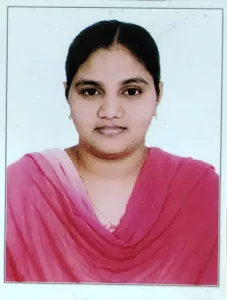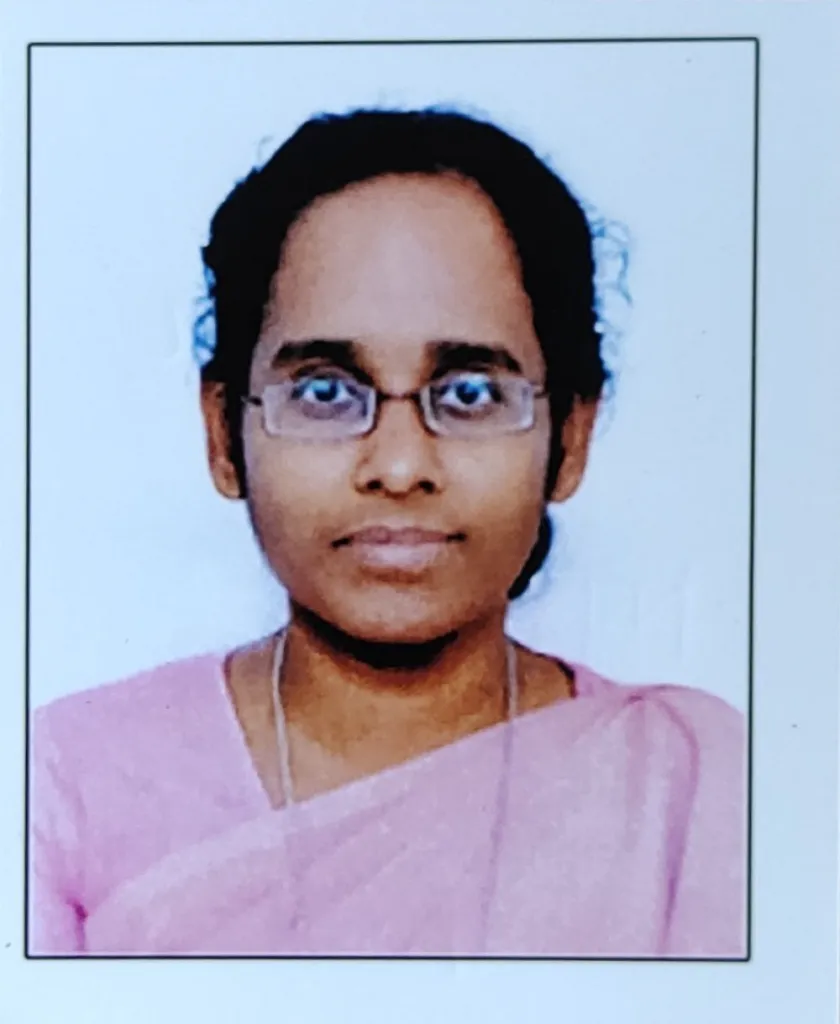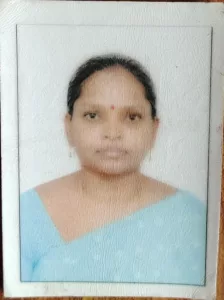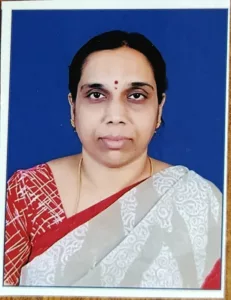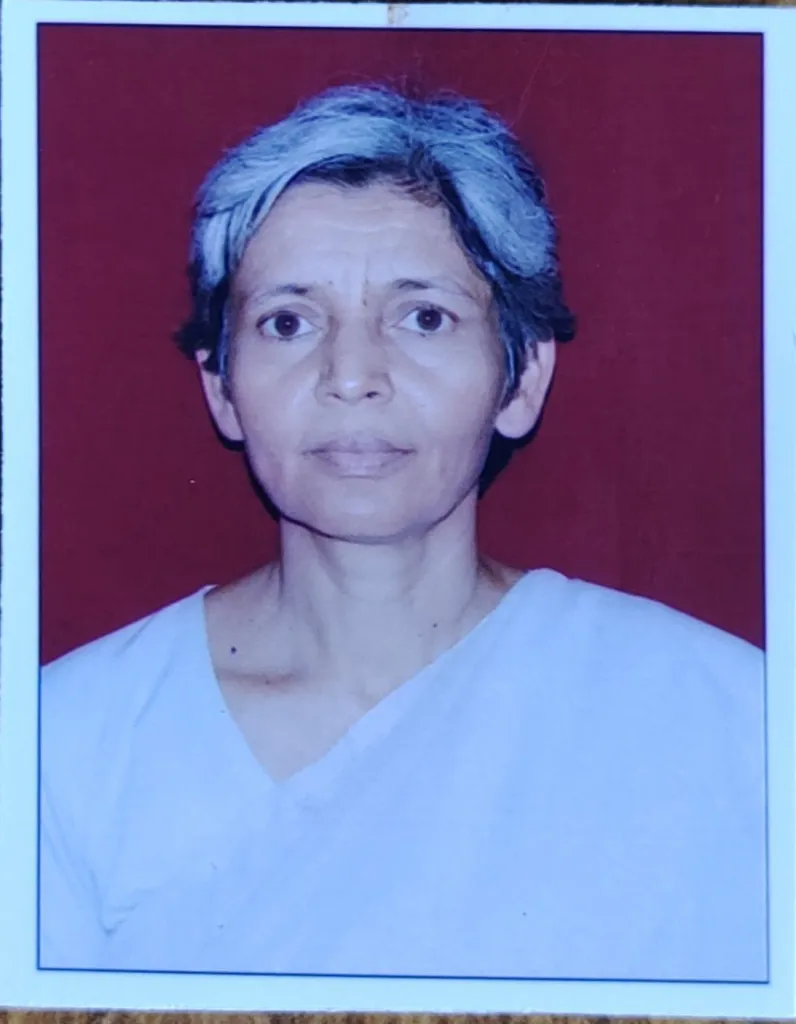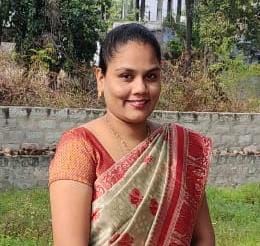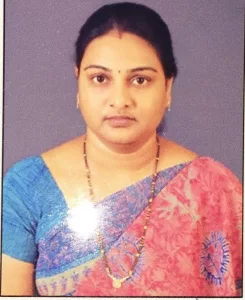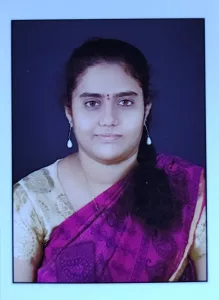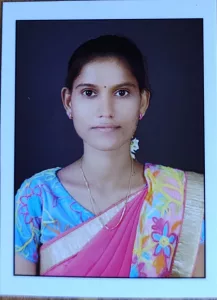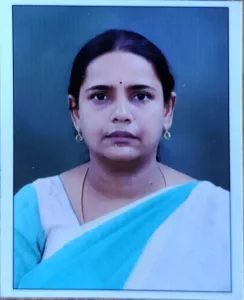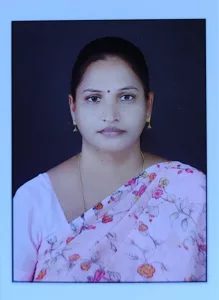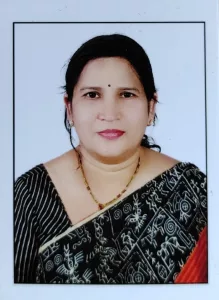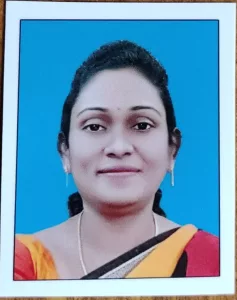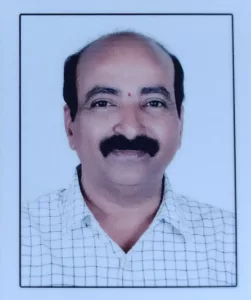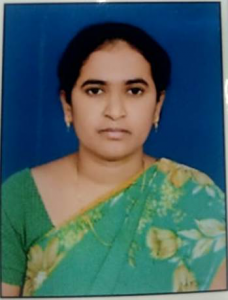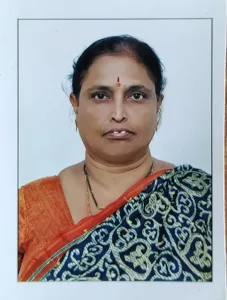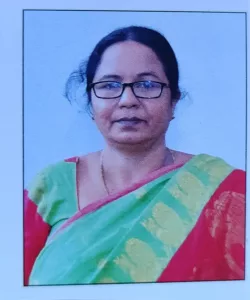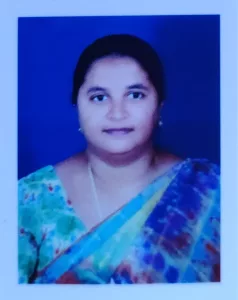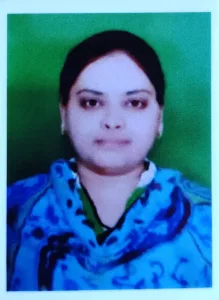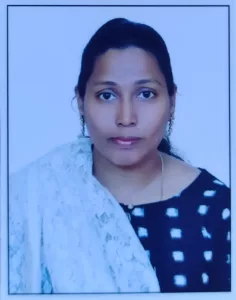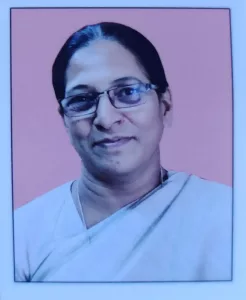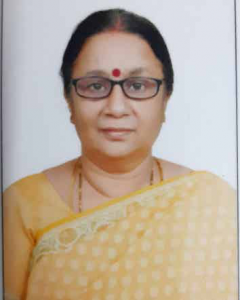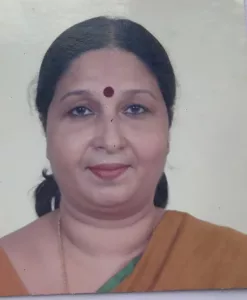STATUTORY BODIES
FMM MANAGEMENT
FMM Governing Body / Management Committee:
The Governing Body of the Society of Franciscan Missionaries of Mary consists of the Provincial Superior and her Council. The Provincial Superior is the President of the Governing Body. The President presides over all the meetings of the Governing Body. In the absence of the Provincial Superior, a delegate nominated for the purpose shall act as the Chairperson.
The Composition
- Provincial – President – Chairperson
- Superior
- Correspondent
- Principal
- Vice Principal
- Bursar
- Controller of Examinations
- Members working in the College
Functions
- Sets all policy matters concerning the institution.
- Directs general policy and is responsible for the general welfare of the institution.
- Approves, and modifies all projects recommended by the committees regarding financial matters such as raise of salaries, fee structures, and mobilization of funds through acceptable means and delegates such powers to the local governing body.
- Appoints the Secretary / Correspondent and Principal for the institution from among the members of the Congregation.
- Appoints / transfers religious sisters to any other institution under its control on administrative grounds or exigencies of service, or for the larger interests of the institution.
- Examines and approves proposals regarding land purchase, construction of buildings, major repairs and extends financial support if required.
- Approves the annual budget and audit reports of the institution and salary structure for the faculty.
- Appoints enquiry committees pertaining to all matters of the institution if necessary.
LOCAL MANAGEMENT
1. Governing Body of the College
The Governing Body monitors all the activities of the institution such as Academic Administration, Finance, Research and other internal matters. The body is at the apex as far as decision making and execution are concerned, besides meeting the mandatory requirements from statutory bodies. It functions through decentralization of its powers and duties and is responsible for the systematic functioning of the entire institution.
The Composition
- Provincial – Chairperson
- Management Nominees – 4
- Senior Teachers – 2
- Administrative Officer/Senior administrative Staff – 1
- Educationist or Industrialist – 1
- State Government Nominee – 1
- University Nominee – 1
- Member Secretary – Principal
Term: The term of the nominated members shall be 5 years.
Meetings: Meetings shall be held at least once every six months.
Quorum: Presence of a minimum 50% of Members will be the quorum.
Functions:
- Guides the College while fulfilling the objectives for which the College has been granted autonomous status.
- Ensures that the Vision and Mission of the institution are achieved.
- Institutes scholarships, fellowships, studentships, medals, prizes, and certificates on the recommendations of the Academic Council.
- Approves new programmes of study leading to degrees and / or diplomas.
- All recruitments of Teaching Faculty / Principal shall be made by the Governing Body / State Government as applicable in accordance with the policies laid down by the UGC and State Government from time to time.
- Approves the annual budget of the College, Annual report of the institution and monitors the financial statement and fee structure.
- Performs such other functions and institute committees as may be necessary and deemed fit for the proper development of the Autonomous College.
- Ratifies the resolutions of the Academic Council and Finance committee.
- Acts as ‘Check and Balance’ mechanism auditing the functioning of academic, finance, research, consultancy and quality assurance units of the
- Suggests improvement measures where and when necessary.
2. Academic Council of the College
Academic Council Composition :
The Composition
- The Principal – Chairperson
- All the Heads of Departments in the College
- Four senior teachers representing different categories of teaching staff
- Not less than four experts / academicians from outside the Autonomous College representing such areas as Industry, Commerce, Law, Education, Medicine, Engineering, Sciences, etc., are to be nominated by the Governing Body.
- Three nominees of the University, not less than Professors.
- The Controller of Examination of the Autonomous College.
- A faculty member nominated by the Principal – Member Secretary
Term: The term of the nominated members shall be 3 years.
Meetings: Meetings shall be held at least once every six months.
Functions:
- To scrutinize and approve the proposals with or without modification of the Board of Studies with regard to courses of study, academic regulations, curricula, syllabi and modifications thereof, instructional and evaluation arrangements, methods, procedures relevant thereto, etc., provided that where the Academic Council differs on any proposal, it shall have the right to return the matter for reconsideration to the Board of Studies concerned or reject it, after giving reasons to do so.
- To make regulations regarding the admission of students to different programmes of study in the College, keeping in view the policy of the Government.
- To make regulations for sports, extra-curricular activities, and proper maintenance and functioning of the playgrounds and hostels.
- To recommend to the Governing Body proposals for the institution of new programmes of study.
- To recommend to the Governing Body institution of scholarships, studentships, fellowships, prizes, and medals, and to frame regulations for the award of the same.
- To advise the Governing Body on suggestions(s) pertaining to academic affairs.
- To perform such other functions as may be assigned by the Governing Body.
3. Boards of Studies
The Composition
- Head of the Department – Chairperson
- All faculty members of the Department
- Two subject experts from outside the Parent University to be nominated by the Academic Council.
- One expert to be nominated by the Vice-Chancellor from a panel of six recommended by the College Principal.
- One representative from industry / corporate sector / allied areas to be nominated by the Principal.
- One member of the College alumna to be nominated by the Principal.
- Experts from outside the college whenever special courses of studies are to be formulated to be nominated by the Principal
Term: The term of the nominated members shall be 3 years.
Meetings: Meetings shall be held at least once every six months.
Functions:
The Board of Studies shall recommend the following to the Academic Council:
- Courses of studies
- Measures for the improvement of the standards of teaching and research
- Recommends panel of examiners.
- Any other academic matter.
4. Finance Committee of the College
The Composition :
- The Principal – Chairman.
- One person to be nominated by the Governing Body of the College for a period of two years.
- One senior-most faculty member of the College to be nominated in rotation by the Principal for two years.
- Finance Officer/Officer in-charge of Finance and Accounts of the College: Bursar – Member Secretary
Term: The term of the Finance Committee shall be three years.
Meetings: Meetings shall be held at least once every six months.
Functions:
The Finance Committee shall act as an advisory body to the Governing Body to consider:
- Budget estimates relating to the grant received/receivable from funding agencies, income from fees, etc.
- Audited accounts for the above.
NON-STATUTORY BODIES
1. The IQAC
Vision
To promote quality culture as the prime concern of Higher Education Institutions through institutionalizing and internalizing all the quality-enhancing and sustaining initiatives taken with internal and external support.
Role
The IQAC has to ensure that whatever is done in the institution for higher education is done efficiently and effectively. In order to do this, the IQAC has to establish procedures and modalities to collect data and information on the various aspects of the functioning of the institution. The IQAC Coordinator has a major role in implementing these functions.
Objectives
The primary aim of the IQAC is
- To play the role of a catalyst and develop a mechanism to promote conscious and consistent action plans to improve the academic and administrative performance of the institution.
- To promote institutional quality enhancement and sustenance through the internalization of quality culture and institutionalization of the best practices.
Strategies
IQAC shall evolve a mechanism and procedures for
- Ensuring timely, efficient and progressive performance of academic, administrative and financial units.
- Adoption of relevant and quality academic and research programmes.
- Ensuring equitable access to and affordability of academic programmes for various sections of the society.
- Optimization and integration of modern methods of teaching and learning.
- Ensuring credible assessment and evaluation processes.
- Ensuring the proper allocation, adequacy and maintenance of support structure and services.
- Sharing of research findings and networking with other institutions in India and abroad.
Functions
- Development and application of quality benchmarks.
- Setting parameters for various academic and administrative activities of the institution.
- Facilitating the creation of a learner-centric environment conducive to quality education and faculty development to adopt the required knowledge and technology for participatory teaching and learning process.
- Collection and analysis of feedback from all the stakeholders on quality-related institutional processes.
- Dissemination of information on various quality parameters to all the stakeholders.
- Organization of intra- and inter-institutional workshops and seminars on quality- related themes and promotion of quality circles.
- Documentation of various programmes / activities leading to quality improvement.
- Acting as a nodal agency of the institution for coordinating quality-related activities, including adoption and dissemination of the best practices.
- Development and maintenance of institutional database through MIS for the purpose of maintaining and enhancing institutional quality.
- Periodical conduct of Academic and Administrative Audits along with their follow-up activities.
- Preparation and submission of the Annual Quality Assurance Report (AQAR) as per the guidelines and parameters of NAAC.
Benefits
IQAC will facilitate / contribute to
- Ensuring clarity and focus in the institution’s march towards quality enhancement;
- Ensuring internalization of quality culture;
- Ensuring enhancement and coordination among the various units and activities of the institution and institutionalizing all good practices;
- Providing a sound basis for decision-making to improve institutional functioning;
- Acting as a dynamic system for quality changes in HEIs; and
- Building a sound methodology for documentation and internal communication.
The Composition
- Principal – Chairperson
- Teachers to represent all levels (Assistant and Associate Professors) – three to eight
- One member from the Management
- The senior administrative officer (Office Superintendent / Manager)
- One nominee each from the Local Society/Trust, Students and Alumni
- One nominee each from Employers / Industrialists / Stakeholders
- One of the senior teachers as the Coordinator of the IQAC.
Term: The term of the nominated members shall be 2 years and Coordinator 2 or 3 years
Meetings: The IQAC shall meet at least once in every quarter.
Quorum: Two-thirds of the total number of members.
The Role of the IQAC Coordinator:
- The role of the Coordinator of the IQAC is crucial in ensuring the effective functioning of all the members.
- The IQAC Coordinator may be a senior and competent person with a rich experience and exposure to quality aspects.
- He/She may be a full-time functionary or a senior academician/administrator entrusted with additional responsibility as the IQAC Coordinator.
- Secretarial assistance should be ensured by the administration.
- It is essential that the coordinator has a sound knowledge of computer and data management.
2. Planning & Evaluation Committee
The Composition
- Correspondent
- Principal – Chairperson
- Dean of Planning and Communication – Coordinator
- Vice-Principals
- Controller of Examinations
- IQAC Coordinator
- Four senior faculty members
- Bursar.
Term: The term of the nominated members shall be for a period of two years, which may be extended for one more year.
Meetings: Shall meet at least twice a year
Functions:
- Designs various strategic plans for the overall requirements (infrastructural and instructional), development and progress of the college.
- Evaluates the performance of the college in general.
- Evaluates the performances of the staff through feedback mechanism.
- Helps the IQAC and Examination Section in planning quality enhancing measures and policy-making.
- Monitors the progress in carrying out the decisions taken by the Governing Body / Academic Council and Management and plans for future necessities.
3. Grievance Redressal Committee
The Composition
- Principal – Chairperson
- Vice-Principals
- Deans of Student Affairs
- One senior faculty member – Coordinator
- Two student representatives
Term: The term of the nominated members shall be for a period of two years, which may be extended for one more year.
Meetings: Shall meet at least twice a year
Functions:
- Provides a mechanism for students to voice concerns and seek redressal.
- Looks into the grievances lodged by any student and judge its merit.
- Makes officials of the college responsive, accountable and courteous in dealing with the students.
- Ensures effective solution to the student’s grievances with an impartial and fair approach.
- Addresses grievances pertaining to examinations by a committee set up as and when necessary.
4. Examination Committee
The Composition
- Principal – Chief Controller of Examinations – Chairperson
- Controller of Examinations – Coordinator
- Additional Controller of Examinations
- Two senior faculty members
Term: The term of the nominated members shall be for a period of two years, which may be extended for one more year.
Meetings: Shall meet at least twice a year
Functions:
- Ensures fair, transparent, and timely conduct of examinations and evaluation.
- Schedules exams and preparation of examination calendar.
- Coordinates the setting and printing of question papers.
- Conducts of examinations, monitors evaluation, moderation and notification of results.
- Announces results, issue mark sheets, and other certificates.
- Maintains all the records of the student evaluations and examinations.
5. Admission Committee
The Composition
- Principal – Chairperson
- Two senior faculty members
- One faculty member from SC/ST category
Term: The term of the nominated members shall be for a period of two years, which may be extended for one more year.
Meetings: Shall meet at least twice a year
Functions:
- Receives applications and scrutinize to confirm the eligibility.
- Offers counseling on the contents of the programmes offered by the college.
- Gives priority to merit and adheres to government regulations and guidelines related to admissions, including reservation policies.
- Ensures that the admission process is conducted fairly, transparently, and in accordance with institution’s established policies.
- Conducts outreach programmes to inform prospective students about the institution and its admission processes.
- Collects feedback from stakeholders (students, faculty, parents and management) to continuously improve the admission process.
6. Library Advisory Committee
The Composition
- Principal – Chairperson
- Librarian – Coordinator
- Assistant Librarians
- Two senior faculty members
- Two student representatives
Term: The term of the nominated members shall be for a period of two years, which may be extended for one more year.
Meetings: Shall meet at least twice a year
Functions:
- Ensures effective functioning of the library as a learning resource center.
- Facilitates the library development plans by advocating the library development activities with the management.
- Oversees library operations and plans for the efficient running and development of the library.
- Advises the library on policy matters concerning services, resources and facilities.
- Provides an opportunity to raise and discuss initiatives in the provision of library and information services.
- Ensures access to relevant learning materials and e-resources.
- Facilitates communication between the Library and the community it serves.
7. Student Welfare Committee
The Composition
- Principal – Chairperson
- Vice Principal
- Deans of Student Affairs
- One senior faculty member – Coordinator
- Two student representatives
Term: The term of the nominated members shall be for a period of two years, which may be extended for one more year.
Meetings: Shall meet at least twice a year
Functions:
- Caters to the material needs of the needy students.
- Promotes student welfare activities in the institution.
- Supports the students with various services.
- Recommends on policies relating to students’ welfare.
- Recommends on the enhancement of students’ facilities during their course of study.
- Addresses the relevant issues of students related to academics, infrastructure, or conduct and give suggestions.
8. Anti-Sexual Harassment Committee / Internal Complaints Committee (ICC)
The Composition
- Principal – Chairperson
- Vice-Principals
- Deans of Student Affairs
- One senior faculty member – Coordinator
- One non-teaching staff member
- Two student representatives
Term: The term of the nominated members shall be for a period of two years, which may be extended for one more year.
Meetings: Shall meet at least twice a year
Functions:
- Addresses and resolves complaints of sexual harassment in the workplace.
- Prevents sexual harassment at workplace.
- Prevents discrimination and sexual harassment against girls by promoting gender amity among students and employees.
- Conducts periodical programmes on women empowerment in association with the WEC.
- Provides conducive environment and congenial atmosphere for girls and women.
9. Anti- Ragging Committee
The Composition
- Principal – Chairperson
- Vice-Principals
- Deans of Student Affairs
- One senior faculty member – Coordinator
- One non-teaching staff member
- Two student representatives
Term: The term of the nominated members shall be for a period of two years, which may be extended for one more year.
Meetings: Shall meet at least twice a year
Functions:
- Prevents ragging and ensures a safe environment for students
- Ensures compliance with the provisions of the regulations as well as the provisions of any law for the time being in force concerning ragging.
- Investigates complaints and also, monitor and oversee the performance of the Anti-Ragging team.
- Conducts awareness programmes on the menace of ragging, its impact, consequences and redressal mechanism available.
- Enquires into any instances of ragging that have been reported, and if necessary, take all appropriate action against the students found to have indulged in ragging.
- Takes appropriate disciplinary actions against the offenders. These actions may include counseling, warnings, fines, suspension, expulsion, or legal action, depending on the severity of the offense.
10. Extra-curricular Activities Committee
The Composition
- Principal – Chairperson
- Vice-Principals
- Deans of Student Affairs
- Two faculty members – Coordinators
- Two student representatives
Term: The term of the nominated members shall be for a period of two years, which may be extended for one more year.
Meetings: Shall meet at least twice a year
Functions:
- Organizes extra-curricular activities and facilitates student interests.
- Suggests various co-curricular & extra-curricular activities to be organized in an academic year.
- Manages the needs for the extra-curricular activities.
- Coordinates with the teacher-in charge for the extra-curricular activities.
11. Internal Academic & Administrative Audit Committee (IAAA)
The Composition
- Principal – Chairperson
- Vice-Principals
- Dean Planning and Communication
- Deans of Academic Affairs
- Two senior faculty members
- IQAC Coordinator – Coordinator
Term: The term of the nominated members shall be for a period of two years, which may be extended for one more year.
Meetings: Shall meet twice a year
Functions:
- Conducts IAAA once a year to evaluate the performance of various departments and give suggestions for further improvement of the quality of teaching-learning, research, administration, and curricular and extra- curricular activities.
- Examines and assess the organization’s administrative and academic procedures.
- Records observations and recommendations for a quality-oriented academic and administrative framework
12. Results Committee
The Composition
- Principal – Chairperson
- Controller of Examinations
- Two senior faculty members
Term: The term of the nominated members shall be for a period of two years, which may be extended for one more year.
Meetings: Shall meet at least twice a year
Functions:
- Checks and analyses the results presented by the Controller of Examinations.
- Arranges for the display of results.
- Decides on moderation if necessary.
13. Malpractices Committee
The Composition
- Principal – Chairperson
- Controller of Examinations
- Additional Controllers of Examinations
- Two senior faculty members
Term: The term of the nominated members shall be for a period of two years, which may be extended for one more year.
Functions:
- Studies the cases of malpractice with the help of subject experts.
- Decides on appropriate punishment.
Meetings: As and when required
14. Research & Ethics Committee
The Composition
- Principal – Chairperson
- Director for Research & Development – Coordinator
- Four senior faculty members with research experience
- Two student representatives
Term: The term of the nominated members shall be for a period of two years, which may be extended for one more year.
Meetings: Shall meet at least twice a year
Functions:
- Initiates research activities and facilitates research collaborations, funding, and project development.
- Collects and disseminates information about programmes for research to the faculty and students.
- Promotes research culture and innovation in the institution.
- Encourages faculty and students to undertake research and publish papers.
- Organizes conferences, seminars, and workshops on research methodologies.
- Provides information and guidance related to policies and principles related to the conduct of ethical academic research and addresses ethical concerns related to plagiarism.
15. Career Guidance & Placement Cell/Training & Placement Cell
The Composition
- Principal – Chairperson
- Training and Placement Officer (TPO) – Coordinator
- Two faculty members
- Two student representatives
Term: The term of the nominated members shall be for a period of two years, which may be extended for one more year.
Meetings: Shall meet at least twice a year
Objective: To enhances employability and facilitates job opportunities for students.
Functions:
- Organises seminars / training programmes / workshops / awareness programmes on career guidance.
- Conducts career counselling, skill development and interview preparation workshops.
- Conducts campus recruitment drives and internships to offer placements.
- Invites organisations / institutions / agencies for campus recruitments.
16. Cultural & Literary Committee
The Composition
- Principal – Chairperson
- Vice Principal
- Four faculty members
- Four student representatives
Term: The term of the nominated members shall be for a period of two years, which may be extended for one more year.
Meetings: Shall meet twice a year
Functions:
- Nurtures cultural and artistic expression among students.
- Coordinates cultural and literary activities on the campus.
- Prepares schedule, conducts competitions and encourages students to participate.
- Coordinates student participation in intercollegiate literary and cultural events.
- Plans a schedule for the national / international festivals and commemorative days.
17. Monitoring Committee
The Composition
- Principal – Chairperson
- Vice-Principals
- Controller of Examinations
- Deans of Student Affairs
- IQAC Coordinator – Coordinator
Term: The term of the nominated members shall be for a period of two years, which may be extended for one more year.
Meetings: Shall meet at least twice a year
Objectives:
- To monitor adherence to the code of conduct.
- To organize programmes on awareness programmes on code of conduct and professional ethics for staff and students.
- To implement the annual awareness programme on code of conduct
Functions:
- Monitors the implementation of the annual awareness action plans made by the IQAC to drive home the code of conduct through awareness programmes, motivational sessions and guest lectures for staff and students.
- Assign roles and responsibilities to student representatives, coordinators of different committees/cells, HoDs, Deans, Controller of Examinations and Vice-Principals to schedule and implement the plan of action on code of conduct.
- Monitors the functioning of the following committees concerned with matters of discipline, ethics, and codes of conduct:
- Discipline Committee
- Anti-Ragging Committee
- Grievance Redressal Committee (For staff & students)
- Internal Complaints Committee
- Maintains reports along with the supporting documents of the programmes organized
18. College Website Committee
The Composition
- Principal – Chairperson
- IQAC Coordinator – Coordinator
- Dean of Planning & Communication
- One Technician from IT Department
- Web Administrator
Term: The term of the nominated members shall be for a period of two years, which may be extended for one more year.
Meetings: Shall meet at least twice a year
Functions:
- Identifies to update academic, administrative and auxiliary functions.
- Identifies to enhance for all Programmes offered by the institution are stated and displayed on the website.
- Identifies strategic initiatives for the website and present it to the Principal for review and updating.
- Communicates with authorities regarding issues with the website or online database site.
- Manages content on the website, review reports, blogs and event information when necessary.
- Assesses regularly the design or features of website and make recommendations to remove, obsolete or add new features as needed.
19. Committee for MOOC
The Composition
- Principal – Chairperson
- Librarian – SPOC & Coordinator
- Four faculty members
- Two student representatives
Term: The term of the nominated members shall be for a period of two years, which may be extended for one more year.
Meetings: Shall meet at least twice a year
Functions:
- Informs the students and faculty about the course information offered on SWAYAM, NPTEL, e-PG Pathshala, Coursera, edX, FutureLearn, Udacity, Spoken Tutorial, Sololearn etc.
- Maintains a record of students who enrolled for the MOOC and successfully completed.
20. Electoral Literacy Club (ELC)
The Composition
- Principal – Chairperson
- One senior faculty from Political Science Department – Coordinator
- Two faculty members
- Four student representatives
Term: The term of the nominated members shall be for a period of two years, which may be extended for one more year.
Meetings: Shall meet at least twice a year
Functions:
- Engages students through interesting activities and hands-on experience to sensitise them on their electoral rights and familiarise them with the electoral process of registration and voting.
- Promotes electoral awareness and conscious citizenship, both among students and staff through on-campus events and activities, and among the general public, through extension and outreach activities.
- Conducts innovative programmes and initiatives such as
- (i) voluntary contribution by the students in electoral processes-participation in voter registration of students and communities where they come from.
- (ii) assisting district election administration in conduct of poll, voter awareness campaigns, promotion of ethical voting, enhancing participation of the under privileged sections of society especially transgender, commercial sex workers, disabled persons, senior citizens, etc.
- Encourage both faculty and students to take up socially relevant projects/initiatives in electoral related issues especially research projects, surveys, awareness drives, creating content, publications highlighting their contribution to advancing democratic values and participation in electoral processes, etc.
- Institutionalizes mechanisms to register eligible students as voters
21. Resource Mobilization Committee
The Composition
- Correspondent
- Principal – Chairperson
- Dean of Planning and Communication
- Four senior faculty members One retired faculty
- One retired faculty
- One alumna
- Bursar – Coordinator
Term: The term of the nominated members shall be for a period of two years, which may be extended for one more year.
Meetings: Shall meet at least twice a year
Functions:
- Creates a strategic plan adhering to the resource mobilization policy.
- Mobilises financial and human resources to support research, innovation and extension activities.
- Identify the resources available for various programmes for efficient management of funds and to widen the resource base for the attainment of the set goals.
22. Women Empowerment Cell (WEC)
Objectives
- The cell aims to empower girl students and faculty, enhance their understanding of issues related to women and to make the college campus a safe place for girls and women
- To address the practical issues related to the welfare and equal opportunities for Women faculty, staff and students.
- To spread awareness among the students about the social, legal and constitutional rights of women in order to prevent the exploitation based on gender.
- To make females cognizant about different kinds of violence: sexual, physical and mental and to further equip them with the knowledge and strength to fight against them.
The Composition
- Principal – Chairperson
- Two senior faculty members
- Two student representatives
Term: The term of the nominated members shall be for a period of two years, which may be extended for one more year.
Meetings: Shall meet twice a year
Functions:
- Addresses issues related to women’s welfare, safety and rights.
- Creates awareness regarding women’s issues
- Organises workshops / seminars / awareness programmes on women’s issues, gender sensitization and health awareness.
- Celebrates international women’s day
23. Attendance Committee
The Composition
- Principal – Chairperson
- Vice-Principals – Coordinators
- Deans of Academic Affairs
- Deans of Student Affairs
Term: The term of the nominated members shall be for a period of two years, which may be extended for one more year.
Meetings: Shall meet at least twice a year
Functions:
- Monitors the attendance of the students
- Follow-up absentees and dropouts
- Verifies the genuineness of grounds for leave
- Calls for meetings with parents when necessary
- Consolidates the attendance at the end of each semester
- Prepares the condonation list as per the norms
- Works in coordination with the examination section in preparing attendance records.
24. Entrepreneurship Development Cell (EDC)
Objectives
- To promote ideas, knowledge on innovation and entrepreneurship among students.
- To provide a platform for interaction with entrepreneurs to start entrepreneurship ventures.
- To create conducive environment to facilitate the budding entrepreneurs to setup their own ventures and develop business incubators.
- To impart entrepreneurial education/skills amongst students through various awareness and trainings programmes and skill development regarding entrepreneurship development.
- To create platform to instill and encourage passion to new business proposals and inculcate leadership qualities among students.
The Composition
- Principal – Chairperson
- One senior faculty from the department of Business Administration
- One senior faculty from the department of Commerce & Management Studies
- One senior faculty from the department of Agriculture & Rural Development
- One senior faculty from the Department of Economics
- One senior faculty from the Department of Chemistry
- Four student representatives
Term: The term of the nominated members shall be for a period of two years, which may be extended for one more year.
Meetings: Shall meet at least twice a year
25. Intellectual Property Rights Cell (IPR)
The Composition
- Principal – Chairperson
- Director for Research & Development – Coordinator
- Two senior faculty members with research experience
- Two student representatives
Term: The term of the nominated members shall be for a period of two years, which may be extended for one more year.
Meetings: Shall meet once in each semester.
Functions
- Works in association with the ‘Research and Ethics Committee’.
- Ensures speedy and accurate identification and protection of innovations arising out of the research work carried out by the students, faculty of the college.
- Focuses to recognize the importance of intellectual property by its teachers and students.
- Encourages the creativity and innovations of the college which leads to the generation of Intellectual Property (IP).
26. STARS Cell
27. Sports & Games Cell
- Promotes physical fitness and sportsmanship among students
- Organizes sports events, competitions and fitness activities
- Encourages student participation in inter-collegiate and national sports events
- Maintains and upgrades sports facilities on campus.
- ICT Cell
- Red Ribbon Club (RRC)
- Green Club for GCP / ECO club
Objective: To promote environmental awareness and sustainable practices within the campus
- Organises tree plantation drives, waste management programmes, and energy conservation initiatives
- Encourages eco-friendly practices among students and staff.
- Press Club
- Gender Audit Committee
- Energy Audit Committee
- Environment Audit Committee
- Green Audit Committee
- Handbook & Academic Calendar Committee
- Magazine Committee
- Newsletter Committee
- Discipline Committee
- NSS
Objective: To inculcate a sense of social responsibility and community service among students
- Organises community service activities such as blood onation camps, clean up drives, and awareness campaigns.
- Promotes volunteer system and civic engagement among students.
- NCC
- MSAA (Alumnae)
Objective: to strengthen the relationship between the institution and its alumnae
- Engages alumnae in various activities such as mentoring, guest lectures, and networking
- Organises alumnae meets and encourage contributions towards institutional development
- Provides platform for alumnae to stay connected with the institution and share their experiences
43. SC/ST/BC/OBC/PWD Cell
- Ensures the welfare of students from underprivileged and marginalized communities
- Monitors the implementation of reservation policies and scholarships
- Addresses grievances and issues related to discrimination
- Addresses grievances and issues related to discrimination
- Organises programmes and workshops to create awareness and promote inclusion.
- Anti-Drugs Committee



